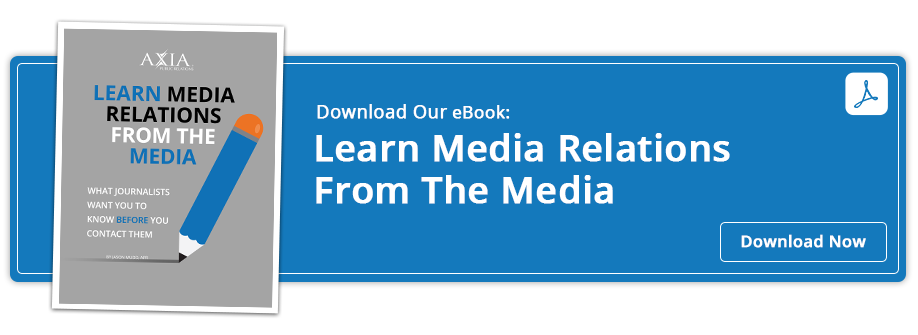Shouting doesn’t make you stand out — the content of the subject line does.
 When crafting the perfect email pitch, your subject line is key to getting recipients to open your message. With writers putting so much thought into creating compelling, effective subject lines, many ask: Should you capitalize words for emphasis? The short answer is that it doesn't really matter.
When crafting the perfect email pitch, your subject line is key to getting recipients to open your message. With writers putting so much thought into creating compelling, effective subject lines, many ask: Should you capitalize words for emphasis? The short answer is that it doesn't really matter.
Audio: Listen to this article.
An analysis of over 14 million email pitches found no meaningful difference in open rates based on capitalization. Whether the pitches used ALL CAPS, Sentence case, or random Capitalization, results were comparable.
The far more important factors are using language that speaks directly to your journalist's interests and including valuable, timely information. Let's explore why capitalization doesn't make a major difference and some best practices for crafting pitch emails that generate responses.
Why does capitalization have little impact?
The analysis, conducted using Muck Rack's database, grouped subject lines by capitalization style and compared open rates. The results showed no statistically significant difference in how the styles caught journalists' attention.
This indicates that journalists pay more attention to a subject line’s content than its stylistic elements. Yelling in all caps does not make journalists more likely to open your pitch, nor does using grammatically correct sentence case.
Try more effective best practices.
Savvy PR pros let the substance of their pitch make the impression, following the fundamental communications rule of standing out while fitting in. Capitalized words generally violate the “fitting in” principle by drawing unnecessary attention to form over function.
Rather than focusing on stylistic tweaks like capitalization, aim to appeal directly to journalists’ interests and needs through these best practices:
- Lead with timely news or data. Subject lines front-loaded with dates, numbers, studies, or announcements often perform well. Journalists have an insatiable appetite for the latest scoops relevant to their beat.
- Use descriptive headers. Briefly state exactly what you’re offering, such as an interview, contributed article, or proprietary data exclusive.
- Localize wherever possible. Even for national stories, geographic angles can help connote importance and relevance.
- Get to the point. While clever wordplay can occasionally work, clear and direct wording typically wins out. Remember, journalists see hundreds of pitches per week. They want to know at a glance if your message warrants their attention.
Bottomline: Focus on content, not style.
Does capitalization impact subject line success? The unambiguous data says no. Journalists filter through so many emails that flashy presentation isn’t a key driver in determining what they open. They simply want subject lines that signal valuable, timely news.
Rather than worrying about whether subject line capitalization style matters, focus your energy on tailoring pitches to reporters’ needs and specific coverage areas. Hone your messages based on input from the journalists you pitch to. Ultimately, showing them you respect their time and interests will get you much further than using CAPS LOCK.
For more information on how we can elevate your PR strategy, contact us today or book a one-on-one consultation.
Photo by fauxels
Topics: media relations, earned media, news media


Comment on This Article